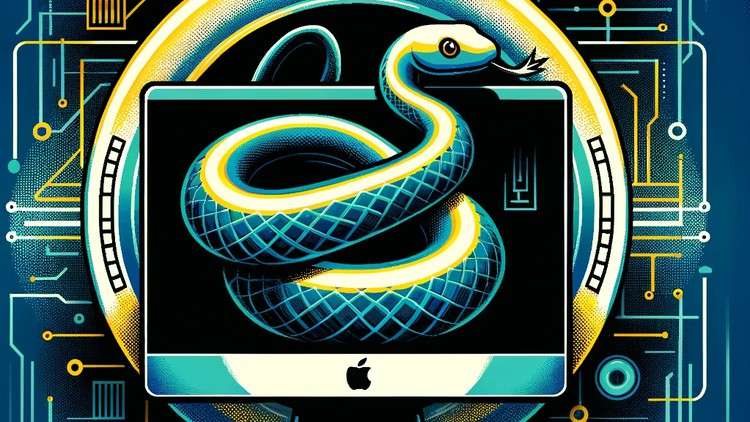
A Comprehensive Journey in Python from Fundamental Concepts to Object-Oriented Programming
What you will learn
Master Python’s basic data types like integers, floats, strings, and booleans, and understand their applications.
Gain proficiency in Python’s common data structures including lists, tuples, and dictionaries for effective data management.
Develop skills in control structures, utilizing if/else statements, and loops for dynamic and repetitive task automation.
Learn Object-Oriented Programming concepts in Python, including classes, objects, inheritance, and method resolution.
Description
This is a comprehensive course designed to guide learners through the intricacies of Python, from fundamental principles to advanced Object-Oriented Programming (OOP).
In Section 1 – Introduction to Python Basics, participants will immerse themselves in Python’s foundational concepts. This includes understanding various data types such as integers, floats, strings, and booleans. Learners will grasp the essentials of variables for data storage and manipulation, delve into the intricacies of strings, including methods, slicing, and formatting, and familiarize themselves with comparison operators.
Moving to Section 2 – Common Data Structures, the course explores the core data structures in Python. This segment covers lists and their properties as ordered, mutable collections; tuples as ordered, immutable collections; and dictionaries, focusing on their use in storing key-value pairs.
Section 3 – Control Structures and Logic elevates the learning curve by introducing control flow mechanisms in Python. Participants will learn to make conditional decisions using If/Else statements, master the use of for and while loops for executing repetitive tasks, and explore Pythonic ways to generate lists using map() and lambda functions.
Section 4 – Functions & Parameters, the focus shifts to modular coding through functions. This part of the course covers creating reusable code blocks, and dives into the use of args and kwargs for passing variable numbers of arguments to functions.
Section 5 – Object-Oriented Programming (OOP) introduces participants to the advanced concepts of OOP in Python. This includes understanding classes and objects, static methods, and exploring inheritance and composition for effective code reuse and organization. Learners will also unravel complexities like Method Resolution Order (MRO) and the Diamond Problem, ensuring a deep understanding of Python’s OOP intricacies.
This is a great course to improve your knowledge of python and to advance your career. If you are a beginning programmer or an established programmer that is looking to learn python, this course is perfect for you!
Content